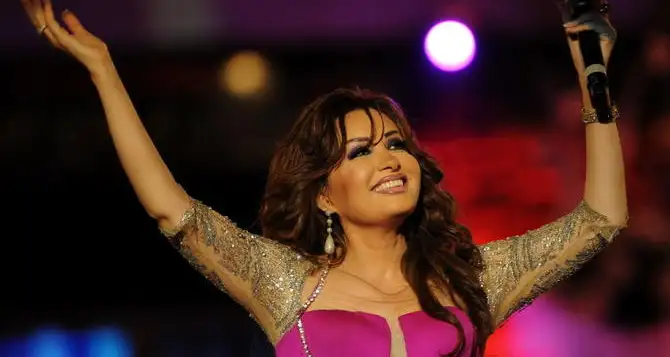The show at the Tabarka festival the day before the famous Tunisian singer Latifa Arfaoui did not go unnoticed.
In the midst of a show, Latifa Arfaoui spoke of the situation of the migration of the sub -Saharans in Tunisia, saying that “Tunisia will be only in Tunisians”.
“They want to install them in Tunisia, they thought Tunisia was going to be their country. Tunisia is in Tunisians, may God protect Tunisia, ”she said, enough to arouse a big controversy.
His words, perceived as discriminatory and offensive, quickly aroused the indignation of the criticisms to broader discussions on the social responsibility of artists and the importance of promoting an inclusive and respectful discourse.
In addition to the debates on social networks, political figures have even reacted to controversy. This is the case of the deputy Fatma MSEDDI who showed his support for the artist in question affirming “that she faces a large campaign on social networks”. “Latifa Arfaoui opposes the implantation plan of the sub-Saharians, then welcome to Sfax,” she wrote on Facebook.
This case revived the debate on freedom of expression versus the speech of hatred, highlighting the need for increased awareness in the face of the impact of words pronounced in particular on public scenes.








